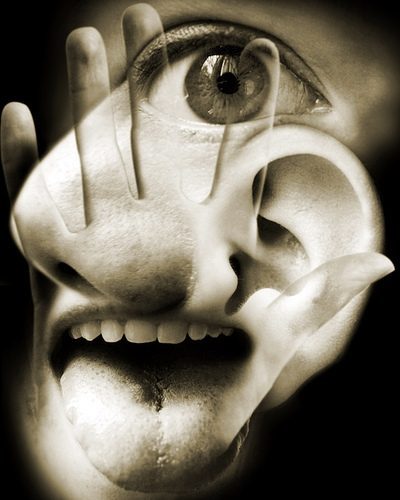 The concept of representation means acting in the interest or on behalf of someone. However, if we refer to politics, representation implies something more, since it is that some rulers who represent some citizens have to ensure the common good of a society as a whole. In other words, when the members of a community select and elect some of its members to take over certain government responsibilities, we are talking about political representation.
The concept of representation means acting in the interest or on behalf of someone. However, if we refer to politics, representation implies something more, since it is that some rulers who represent some citizens have to ensure the common good of a society as a whole. In other words, when the members of a community select and elect some of its members to take over certain government responsibilities, we are talking about political representation.
General principles of political representation in democratic systems
Starting with the French Revolution of 1789, the concept of representative democracy gradually spread. With the passage of time, the model of democratic representation was consolidated in many nations of the planet. This system of government is based on four principles:
1) the rulers are elected by the citizens through an electoral process that is carried out periodically,
2) the rulers have a degree of autonomy in relation to the interests of the governed,
3) political decisions are framed in a climate of debate and confrontation of ideas and
4) the different powers of a nation (legislative, executive and judicial) have to act independently, in such a way that the political representation of a government (the executive power) cannot interfere with the other two powers.
On the other hand, for a regime of political representation based on democratic ideals to exist, certain requirements must be met.
1) all voters must be on an equal footing, which in popular terms is known as "one citizen, one vote",
2) the representatives who exercise the functions of government have to be controlled by the representatives of the opposition,
3) any political representation must be based on respect for the law and the rule of law,
4) In society as a whole, there must be participation mechanisms so that citizens can make their opinion known and not just vote every certain period of time,
5) that freedom of expression and all freedoms can be exercised within a framework of coexistence and tolerance and
6) that the state guarantees that the different political parties that stand for elections are on an equal footing and the final result of the elections is respected.

Citizen participation
The different models of representation based on democracy contemplate citizen participation. Each citizen has his own vision of what his participation should be in the political life of his country. Thus, some consider that voting periodically is sufficient and others do not want to participate and decide not to vote for any of the possible representatives.
There is a sector of citizens that considers that the democratic system should incorporate new participation mechanisms (the repeal referendum, the approval referendum or the popular consultation).
Photos: Fotolia - Sentavio / Sentavio









